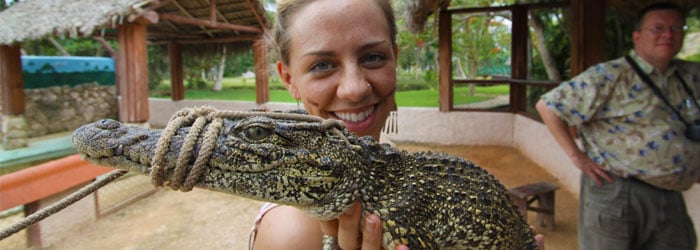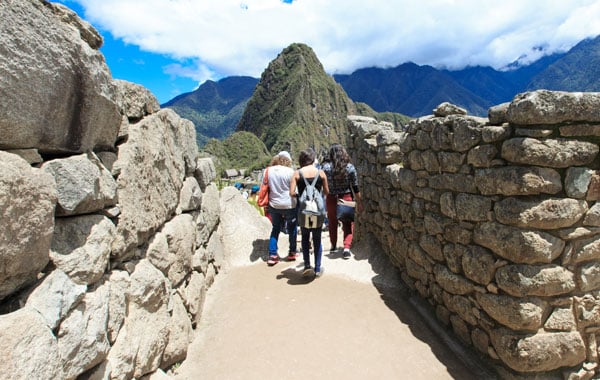Beyond the classroom—expedition-style learning
How educational travel benefits your students
“We cannot fully understand our own environment until we have had the opportunity to experience the diversity of environments around the world.” -Dr. Tina Cartwright, Climatologist and educator, Marshall University
It’s been said the best education a person will ever get is traveling. How come? What can time spent abroad do for your students that a classroom can’t? Here are just a few of the transformative benefits of educational travel.
Educational Travel brings life into learning
As an educator it can be difficult to strike a balance between generating fresh methods to present material while also adhering to basic curriculum guidelines. Oftentimes, students become habituated to respond to learning as a means to an end-- data to remember or regurgitate for their next exam or research paper – rather than a process that has purpose all its own. A lot of this has to do with the repetition and monotony of curriculum-style learning. Taking your students on an educational field expedition is an ideal way to bring life back into learning. Not only is it a change of scenery, pace and experience but it gives students the opportunity to engage in the learning process—to become excited by it—and come away with a renewed sense of curiosity and desire to learn.
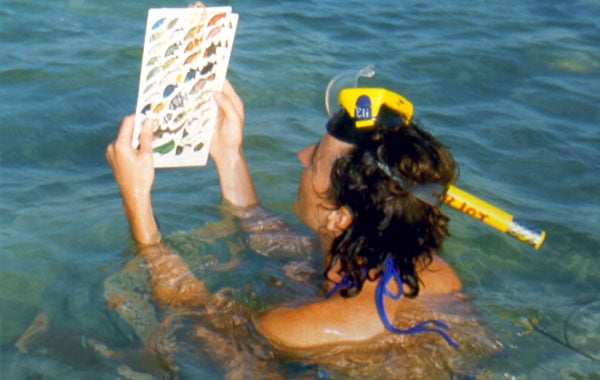
It encourages students to ask questions
Exposure to different cultures, customs and geographic regions is eye-opening in a way that textbooks can’t quite achieve. There is a fundamental difference between reading about indigenous Peruvian ceremonies from a book and actually taking part in a ritual being performed in Peru’s Sacred Valley. The lessons become tangible, sensory, and most importantly, more personal. These hands-on experiences afforded by expeditionary travel allow students to connect to what they’re learning—plainly put, they start to care more; this caring leads to curiosity, which in turn leads to formulating questions of their own. And before you know it, you’re achieving one of the main goals most educators have: to teach students to think critically, and more importantly, to think for themselves.
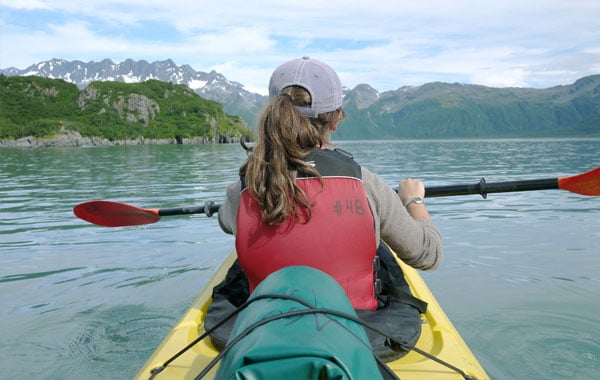
It creates connections between the classroom and the field
While student (and teacher alike!) might enjoy the idea of education based solely on travel/field-learning, the classroom has value as well. It’s the combination of learning in the field and in the classroom that nurtures the most advantages in regards to education. Each modality of learning (classroom and expeditionary) is mutually beneficial to the other—they reinforce each other. Traveling abroad allows students to put in perspective what they’ve already learned in the classroom. The structure and fluidity of an ecosystem they learned about in biology becomes real as they hike through the trails of Costa Rican primary rainforest.
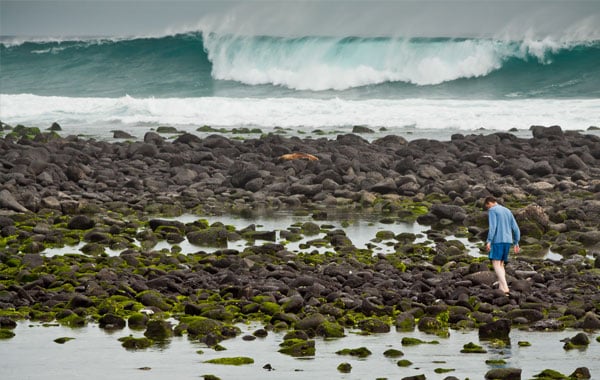
It pushes the boundaries on what defines education
Often times, we think of education as limited to a formal setting characterized by classrooms, teachers and textbooks. However, those of us who have traveled—even just within the United States—have come to know the cliché, “the world is your classroom,” to be quite true. Not to downplay the significance of formal education, however, there are types of learning that simply cannot be achieved within the walls of an institution. Travel in itself equates to learning. Your students will have opportunities to experience firsthand the topics they’re learning about in school, but they will also gain a different type of education—one that teaches them about themselves, the differences and commonalities amongst people, gratitude for what they have, and compassion for humanity and life as whole. In the words of Page Keeley, longtime science educator and former NSTA president, “Having led trips on four continents, each time the participants and I come away with a greater understanding and appreciation of the culture, education system, scientific research and its application and the natural wonders of the countries we visit.”
Main photo by Eric Simon, New England College


